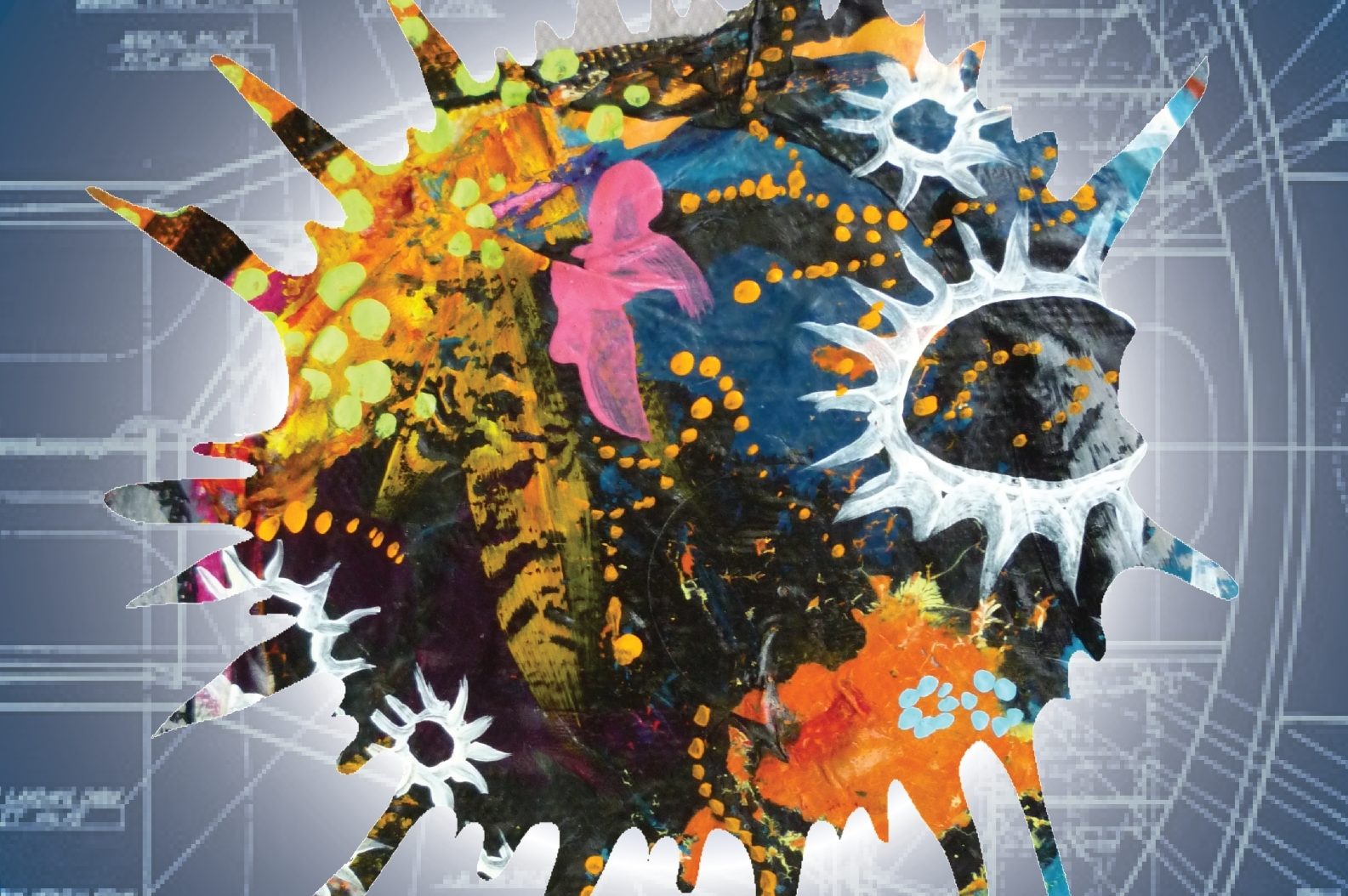See also a growing list of resources on delicious.
The following are references made in the book, with full links to more information here.
Chapter 2
Daniel Pink explains in an “RSA Animate”
Nilofer Merchant authored a series of articles on this observation under the title “The Social Era” in the Harvard Business Review blog, which became a book, 11 Rules for Creating Value in the #SocialEra.
She writes, “Because it has shown up in bits and pieces, via freemium models, crowdsourcing, online communities, virtual workforces, social networks, and so on, it is easy to miss how much the overall context has changed for the way value is created.”
push model – Push v Pull and John Hagel et al book, The Power of Pull
Elinor Ostrom and her associates
Albert-László Barabási, Linked
Mutual self-interest means that we willingly engage in a group or team because we benefit in a way that matters to us.
Alex Pentland, Social Physics: How Good Ideas Spread—The Lessons from a New Science
The Origin of Wealth, Eric Beinhocker
Terrence Deacon, Incomplete Nature: How Mind Emerged from Matter
Chapter 3
Tribal Leadership, Dave Logan and John King
Daniel Kahneman, Thinking Fast and Slow
Thomas Kuhn, Structure of Scientific Revolutions
Thomas Piketty, Capital in the 21st Century
Denise Schmandt-Besserat, How Writing Came About
Basic Income Y Combinator research project
Air sandwiches Nilofer Merchant
The Economist reported in January 2013 that: “High levels of unemployment in Western countries after the 2007-2008 financial crisis have made the public in many countries so hostile towards offshoring that many companies are now reluctant to engage in it.” Some have suggested “reshoring” as a reframe, claiming reduced shipping cost as an advantage.
Thomas Osenton,The Death of Demand: Finding Growth in a Saturated Global Economy
- Chan Kim and Renée Mauborgne, Blue Ocean Strategy: Create Uncontested Market Space and Make the Competition Irrelevant
The New How: Creating Business Solutions Through Collaborative Strategy, Nilofer Merchant
John Hagel, The Power of Pull: How Small Moves, Smartly Made, Can Set Big Things In Motion
Narratives, according to John Hagel (blog posts)
Rainer Maria Rilke (link to poem we borrowed from)
Chapter 4
Efficiency, written by Jerry Michalski, Thrivability Sketch
Creativity by Joe Bill, Thrivability Sketch
Primary Social Motives (PSM) approach as researched by McClelland and others.
Daniel Pink, Drive: The Surprising Truth About What Motivates Us [Ted talk]
Jonathan Haidt describes in his work The Righteous Mind: Why Good People Are Divided by Politics and Religion
Frederic Laloux, Reinventing Organizations
Paul Saffo offers Six Rules for Effective Forecasting (article)
Prof. Marten Scheffer of Wageningen University in the Netherlands studies complex systems in biology and society.
Nudge: Improving Decisions About Health, Wealth, and Happiness, Cass R. Sunstein and Richard H. Thaler
TEDx talk in Amsterdam, researcher Henk Jan Honigh
Part 3 – Introduction
Henry Mintzberg, The Structure of Organizations
Social technology and physical technology – compare and contrast chart
unscaling, Peter Vander Auwera
Decentralized Autonomous Organizations (DAOs)
Chapter 5
Liberating Structures: Simple Rules to Unleash a Culture of Innovation by Henri Lipmanowicz and Keith McCandless
Un-Tayloring
Chapter 6
Deanna Zandt, author of Share This! How You Will Change the World with Social Networking
Benjamin Ellis, founding director at SocialOptic
Daniel Mezick, author of The Culture Game
Jane McGonigal, Reality Is Broken: Why Games Make us Better and How they Can Change the World
Current-Sees: Current-Sees is a mnemonic to keep in mind that it is not (just) money but a method of making social flows and the processes associated with the flow visible, traceable, storable, and sometimes transferable.
Roman poet Juvenal: Quis custodiet ipsos custodes
Arno Hesse, Founder of Credibles
Edgeryders, Unmonasteries, LOTE—Living on the Edge
Governing the Commons, Nobel-prize winner Elinor Ostrom
Jaap Peters (Romans v Anglo-Saxons)
Prashant Mittal (on tension)
Chapter 7
Chris Messina hashtags – on Quora
Chapter 8
Action Spectrum ???
Research by Valarie Zeithaml et al. ???
Self-expiration
Research Analyst Steve Kamman ???
[dreadings feed_url=”http://delicious.com/v2/rss/cultivatingflows/CF”]
